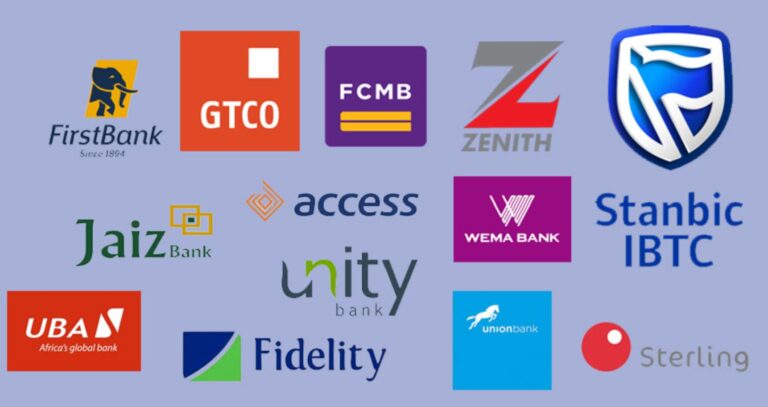Nigerian banks are increasingly resorting to high-cost short-term commercial papers (CPs) to navigate severe liquidity pressures as the Central Bank of Nigeria (CBN) tightens cash reserve policies, driving up deposit costs, Bloomberg reports.
Access Holdings Plc, Nigeria’s largest bank by assets, alongside at least three other financial institutions, has either issued or is in the process of issuing CPs to shore up liquidity.
This shift comes as banks struggle to attract deposits due to rising costs imposed by the CBN’s monetary tightening measures.
Liquidity Pressures Intensify as CBN Mops Up Cash
The CBN’s aggressive monetary policies have significantly strained banks’ liquidity.
Key Developments:
✔ The CBN raised the Cash Reserve Ratio (CRR) to 50% in September 2023.
✔ N26.6 trillion in liquidity has been withdrawn from the banking system as of January 2025.
✔ The cost of raising deposits has doubled, making it more expensive for banks to secure funds.
Impact on Banks:
-
The average six-month deposit rate stood at 19% in January.
-
However, due to the high CRR requirement, the effective cost surged to 36%.
-
Banks now have access to only half of their total deposits, further straining liquidity.
“If a customer deposit is obtained at 18%, the effective rate becomes 36% due to the CRR,” explains Chika Mbonu, CEO of KSBC Advisory Partners Ltd.
Rising Interest Rates Worsen the Liquidity Crunch
In a bid to tame inflation and stabilize the naira, the CBN has raised interest rates aggressively:
Key Policy Shifts:
✔ Benchmark interest rate hiked by 875 basis points since early 2023, now at 27.5%.
✔ Standing lending facility rate—a key tool for short-term liquidity—now at 31.75%.
What This Means for Banks:
-
Higher interest rates have made it more expensive to attract deposits.
-
Banks are exploring alternative financing tools to manage their liquidity shortfalls.
Why Banks Prefer Commercial Papers Over Certificates of Deposit
As traditional deposits become more expensive, banks are turning to commercial papers (CPs), which offer a more flexible and cost-effective liquidity solution.
Key Benefits of CPs:
✔ No additional CRR requirements, unlike Certificates of Deposit (CDs).
✔ Lower borrowing costs compared to wholesale deposits.
✔ Shorter tenors, allowing banks to manage liquidity more efficiently.
“Other banks will follow in issuing commercial papers, as this is one of their key funding tools,” says Samuel Sule, CEO of Renaissance Capital Africa.
What This Means for the Banking Sector
The rising cost of funding and liquidity constraints could have far-reaching effects on Nigeria’s banking industry.
Potential Implications:
✔ Increased reliance on alternative financing may reshape banking strategies.
✔ CBN’s tight monetary stance will continue influencing liquidity conditions.
✔ Banks must explore innovative financial models to ensure long-term sustainability.
While issuing commercial papers offers a temporary fix, banks will need to adapt to evolving regulations and market realities to maintain financial stability in the long run.

